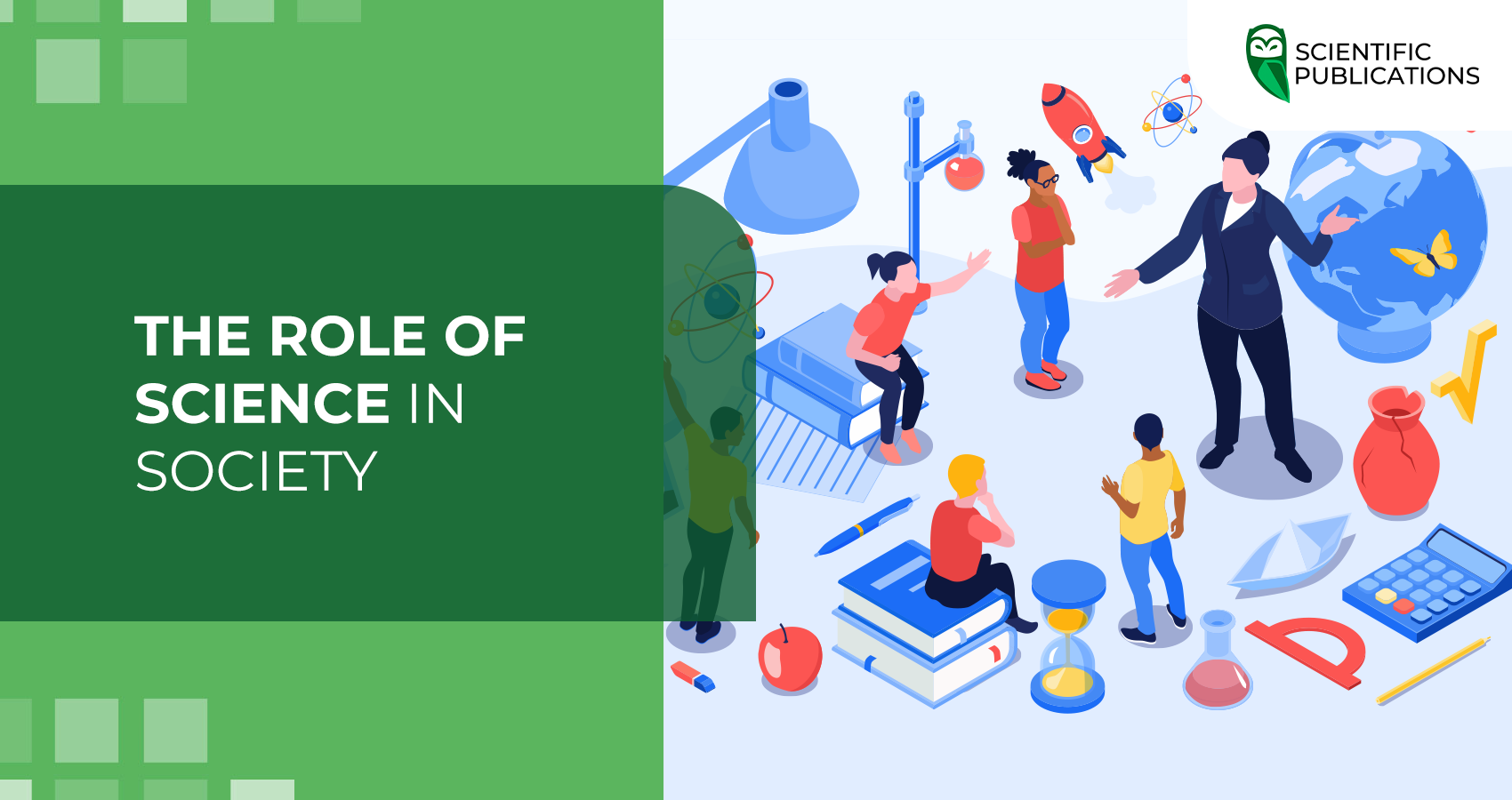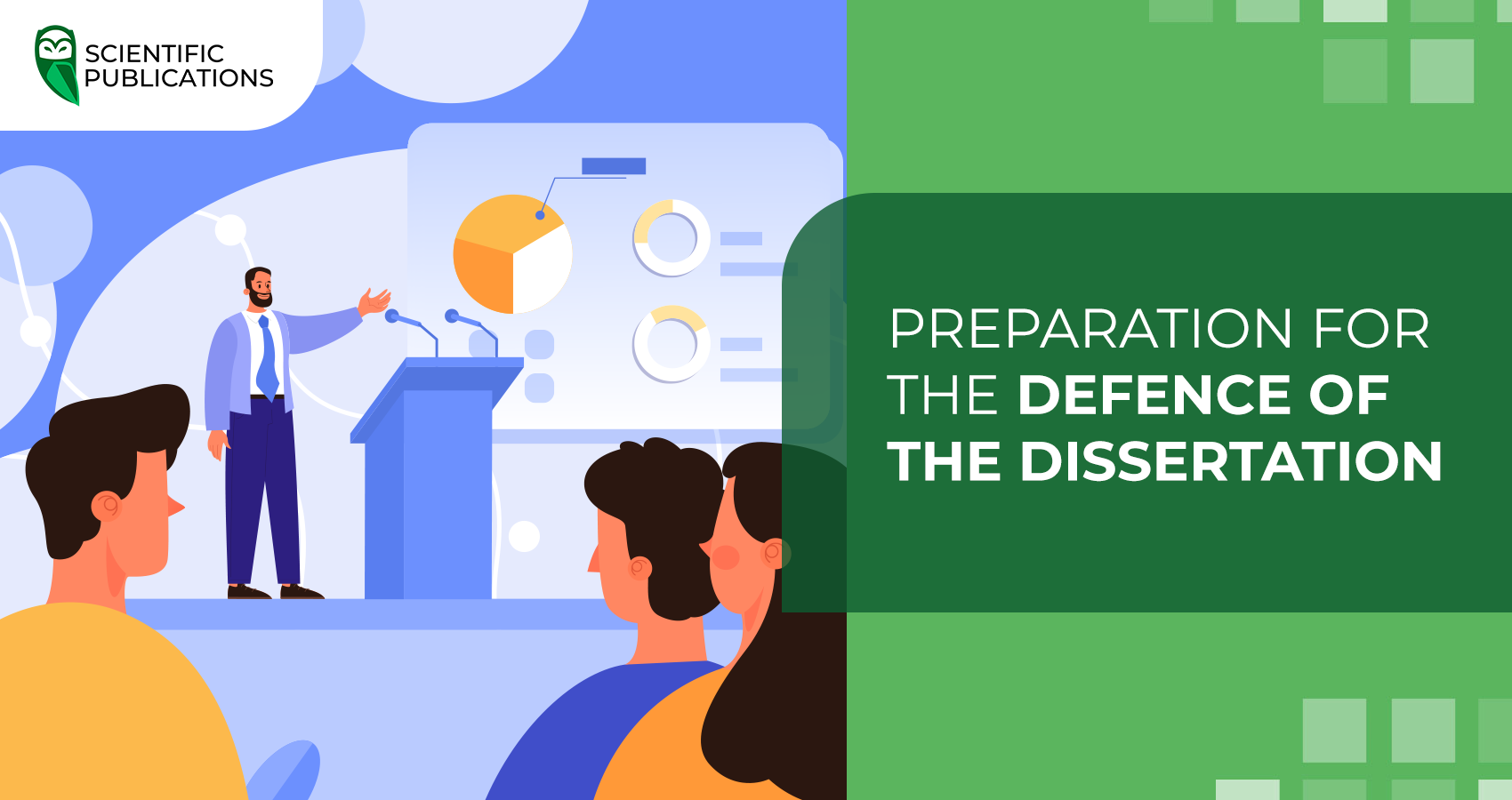Science plays a key role in the life and development of society, contributing to its progress. Scientific research helps to find solutions to problems that arise over time.

As science evolves and develops, individual researchers and their groups, which had little to do with each other or production, have evolved into large structured teams with very carefully defined responsibilities. They are now connected to educational institutions and production through a communication system.
As the number of needs and problems is constantly growing, with the development of science, it is expected that scientific research will be able not only to solve existing problems, but also those that may arise in the future.
Science for society
Scientific activity has both theoretical and practical aspects. The theoretical aspect is to disseminate and enrich knowledge about processes and phenomena, their regularities, and to highlight ideas and theories. The practical aspect, in turn, involves the disclosure of the practical and material and production use of science. Together, these aspects of research stimulate the creation of new technologies, equipment, etc. All this leads to the development of production.
Scientific research, especially interdisciplinary research, is essential for solving modern problems and challenges. These include the development of cities and enterprises, environmental protection, rational use of natural resources, etc.
For society, the existence of various scientists is important and necessary, for example, teachers in educational institutions, employees of laboratories, research centres, production facilities, etc. These are the people who dedicate their lives to solving urgent problems, finding answers to important questions and identifying meaningful information that they pass on to society. The knowledge that scientists provide is essential for the existence of society as such.
Scientific research opens up new knowledge and tools for society to solve important and complex problems in areas such as healthcare, ecology, economics, energy, agriculture and others. The discoveries and achievements of science are the foundation for the development and prosperity of society. The level of scientific development is defined as one of the key indicators of economic, cultural, civilisational and progressive development. Therefore, supporting scientific research and scientific education is an important task that allows us to build a better future.
The importance of science for humans
- The world around us
Science helps people understand and get to know the world in which they live. Scientists investigate a variety of phenomena, such as physical, chemical and biological, as well as the laws of nature. This allows people to expand and deepen their knowledge of the planet and the universe. Science news helps you learn about the latest discoveries and achievements.
- The field of medicine
Scientific research and discoveries are key to the development of medicine. Thanks to scientific achievements and developments, people have access to medicines, new treatments, and the opportunity to undergo diagnostics and prevention of diseases. Medical research is aimed at inventing new medicines, developing new treatments, studying risks, creating new medical technologies and equipment, etc.
- Technological progress
Scientific research contributes to technological progress, which has a significant impact on our lives. From advances in computers and mobile devices to advances in artificial intelligence and process automation, science allows us to create new technologies that make everyday life better.
Humanity needs science to exist, develop and function. The new challenges facing humanity require a rethinking of the role of science, which encourages its more active use to address production needs. To achieve this goal, scientific and technical complexes, centres and institutes are being created as part of production corporations.
- Forecasting
Science allows us not only to solve existing problems and improve the world around us. Science also makes it possible to predict and anticipate the consequences of such changes. Using scientific models, scientists and scholars can identify possible dangerous trends in society and provide recommendations to overcome them.
Scientific research plays an important role in solving the problems that exist in the world.
Economic problems
Research in the field of economics is aimed at finding solutions to crisis situations and identifying promising areas for economic development. Economic researchers analyse economic processes and determine the feasibility of using the experience of other countries in the process of economic development.
Economic research is complex, meaning that such studies examine social processes in different areas using different tools. An important result (outcome) of economic research is participation in projects and implementation of scientific developments in the real sector of the economy. This allows not only to transform theoretical knowledge into practical innovations, but also contributes to economic development through the introduction of efficient technologies, increasing the productivity and competitiveness of enterprises.
Economic research is one of the key tools in solving economic problems, contributing to sustainable economic development and improving living standards. Such work contributes to the creation of new technologies, methods and strategies that allow for more efficient use of resources and economic competitiveness. In addition, economic research is also important for the development of policies aimed at stimulating economic growth, ensuring stability and development of society. It also fosters innovation and the implementation of innovative ideas into practice, contributing to the overall progress of the economy.
Social problems
Scientific sociological research is an important tool for understanding society and for solving social problems. Such research makes it possible to predict the consequences of certain decisions. Sociological research also helps to raise public awareness.
The main areas of such research:
- Analysis and study of human behaviour and relationships between people;
- Study of the interaction between people in various spheres of society in order to obtain new knowledge;
- Establishing patterns of social change using sociological theories and methods.
- The purpose of sociological research is to solve the following tasks:
- To describe specific aspects of social life;
- Explanation of contradictions or peculiarities of functioning of different social groups;
- Forecasting the development of social processes;
- Practical implementation of social changes.
For sociological research, facts are not only specific actions, but also certain opinions, judgements and assessments. They are the starting points of sociological analysis and may indicate the behaviour of an individual or a social group, their worldview, moods or aspirations.
In the course of the research, sociologists can develop a number of methodological recommendations for the systematic improvement of social organisations, promoting positive changes in society and optimising the social structure. These materials can also serve as a basis for the development of social projects, which will include specific proposals for the introduction of new forms of organisation and management.
Scientific research in the field of sociology is of great importance for society, helping to reveal the patterns of its development and contributing to the improvement of people's living conditions.
Environmental problems
In today's world, environmental issues are of global concern. These include climate change, environmental pollution, and the irrational use of natural resources. Science, in turn, helps not only to understand but also to solve environmental problems. Scientific research in the field of ecology allows us to understand the extent of the impact of human activity on the environment.
Scientific research is extremely important for solving environmental problems. In such research, scientists collect and analyse data on the state of the environment. The main goal of such research is to identify effective measures to identify the causes of pollution and preserve natural resources. Research contributes to the development of new technologies aimed at reducing the negative impact of human activity on the environment.
Solving environmental problems is currently a priority for both scientists and ordinary people. The general concern is related to the direct impact of environmental degradation on human health, the planet, and future generations. Scientific research helps us to understand ecosystems, natural cycles and the impact of human activities on them. This understanding is key to developing effective conservation and environmental management strategies.
Science provides people with the knowledge, methods and tools they need to recognise, understand and solve environmental problems. Through their research, scientists and scholars make a significant contribution to finding solutions aimed at improving the environmental state of the planet.
The role of research in problem solving
Dissemination. The publication of scientific research allows authors to disseminate information that contributes to the wider dissemination of knowledge about current issues and can arouse interest and interest of others in researching and solving these issues. Scientific research can also influence people, contributing to changes in social behaviour. Other researchers can then read the results and continue to develop the research.
Recommendations. Scientific research can serve as the basis for recommendations for solving problems. The data presented in scientific research can become the basis or impetus for the development of regulations aimed at solving problems.
Implementation. In order to solve problems, measures and methods based on scientific research are implemented. At the same time, scientists can intervene and make adjustments as new research is conducted and new results are obtained.
Science plays an important role in society. It serves to disseminate knowledge, enriching people with information about existing problems and discoveries. Science aims to solve problems that exist in every field. It is the basis for the development and progress of society, providing us with new knowledge, technologies and innovations.





